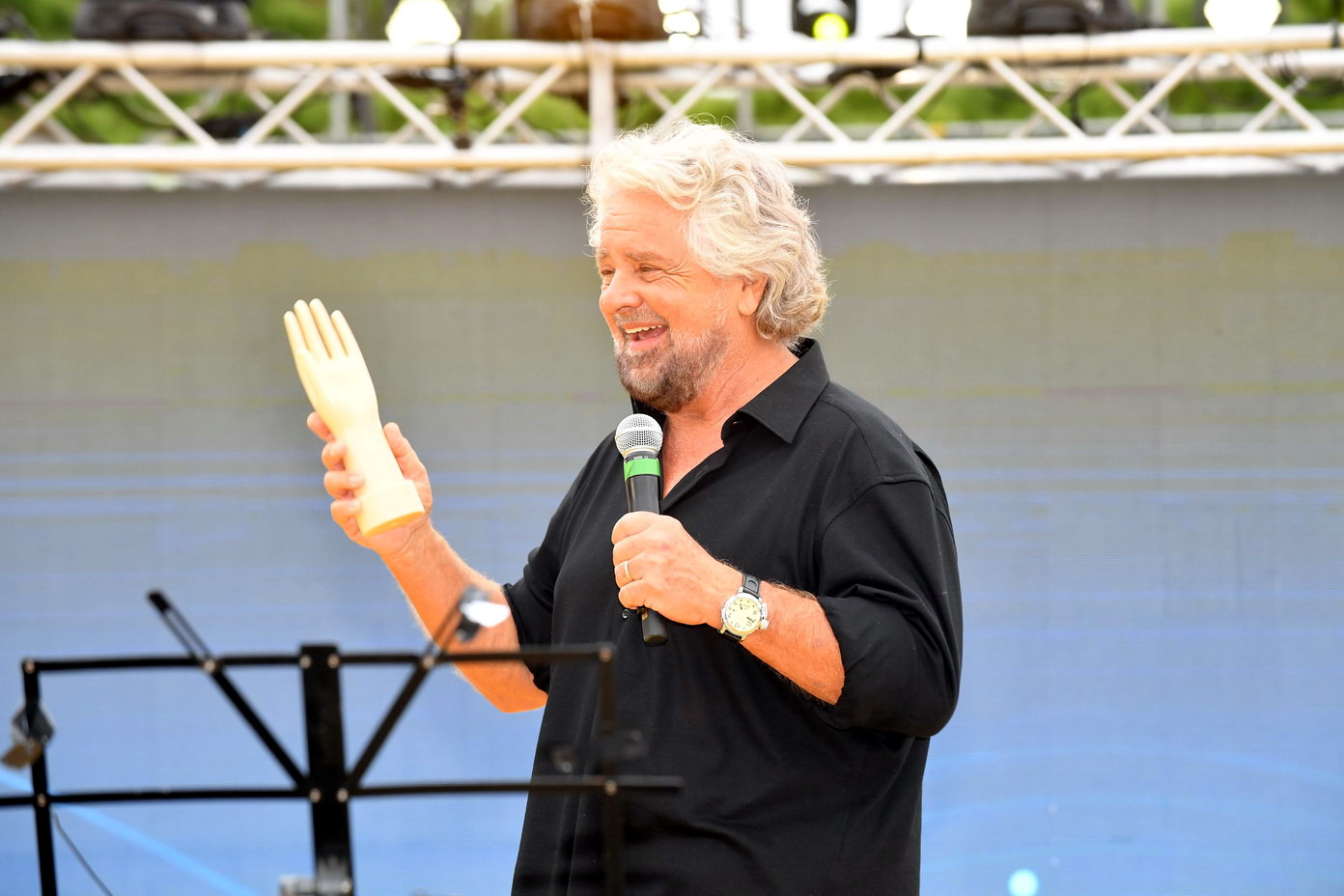Last week, Telecom Italia (Tim) executives were in a board meeting to decide on the selling of part of their secondary network to American private equity fund Kkr. But the decision was halted by the Italian government itself.
Tim execs were handed a letter, signed by Roberto Gualtieri, minister of economy and finances, and Stefano Patuanelli, minister for economic development, that pressed them to defer the decision. Reportedly, even prime minister Giuseppe Conte called Tim’s ceo, Luigi Gubitosi, for the same reason.
This unprecedented interference was carried out because the coalition government feared that the deal would hinder the prospect of a single national high-speed network, which they deem essential for Italy’s economic recovery.
Ministers want to achieve this goal by merging privately-owned Telecom and Open Fiber, which is partly owned by State lender Cdp and Enel, whose main shareholder is the State. The resulting monopoly could then obey the State’s bidding without derailments.
Kkr agreed to keep their offer up for an additional 30 days and the government assured the US embassy that it was not interested in blocking the deal, but only in guaranteeing that “other companies” (most likely their own) could enter that market segment.
The decision comes at a crucial time, geopolitically speaking, because Italy is at the watershed moment of deciding where to stand on the ongoing “tech Cold War” between China and the Us – and in contradiction with what happened, the country seemed to be moving West. The information infrastructure is a critical field for this conflict – and Italy has the potential to swing both ways.
Recently the government vowed to make it harder for Chinese companies to participate in the building of next-gen networks (5G) favouring European and Us partners. But before that happened, Tim acted on its own and anticipated trends by not inviting Chinese firm Huawei in its tender to build its 5G network, despite having largely employed Chinese tech in its older networks.
However, suspicions arose when Beppe Grillo, the co-founder and ideological father of the Five Star Movement (5SM, the senior partner in the coalition government) published a post on his personal blog where he slammed the Tim-Kkr deal by writing that it “only complicates the project of the possible creation of a single networks and technology company.”
“[The Tim-Kkr deal], in practice, entails a “stew” of Tim’s infrastructures and the entrance of yet another foreign investor (and interlocutor) in assets that are strategic to the country with the only objective of attaining financial benefits in the short period,” read the post.
Mr Grillo then urged the government to back the Telecom-Open Fiber merger to secure the future of Italy’s unitary high-speed network. He even put forward a well-fleshed-out plan to breaking down Telecom (a private company) into two entities to make it easier.
The comedian-turned-politician has been detaching his public image from that of his brainchild, the 5SM, while remaining in the backstage and influencing its agenda. Thus, it’s unclear if he was speaking as a private citizen, as influential 5S leader or even on behalf of Mr Conte’s government.
However, it is not unrealistic to think that his calls will be heeded by his acolytes, the orthodox 5S in Parliament – as it isn’t unrealistic to think that last week’s intervention could have been dictated by the highest spheres of the 5SM, which include Mr Grillo, albeit unofficially.
And yet, Mr Grillo himself never appeared to be so averse to foreign investments in strategic sectors when they come from China. His personal blog has been hosting a string of articles where experts went to great lengths to explain how the security concerns tied to the participation of Chinese companies (such as Huawei and Zte) in the construction of Italy’s 5G network are baseless.
It is known that the governing majority is split over matters of economic development and geopolitical alignment: the 5SM has always looked more Eastward, whereas the Democratic Party, their governing partners, are historically more Atlanticist.
Formiche.net reached out to Enrico Borghi, Democratic Mp and member of the parliamentary committee on security, who conceded that the governmental majority had to “discuss” State interventionism and management of information infrastructures “as soon as possible.”
“[Kkr] does not want to control strategic assets,” he said, dismissing Mr Grillo’s fears of foreign interference. He added that he’d be way more wary of “closing the door” to an American company in the context of geopolitical alliances.
Senator Maurizio Gasparri, from the centre-right Forza Italia, employed harder tones as he invited Mr Grillo to “go back to doing the clown, as that’s his job” and hinted that the latter may be speaking “on behalf of someone else” (Beijing) given the size of interests at play.
Mr Gasparri maintained that the unitary network must be done but criticised Mr Grillo’s plans to do that: “How can one think of de facto expropriating Tim of a structure, its network where, by the way, 20,000 people work? […] It’s time to get over these amateurs who speak of things they do not know. It’s time to end it with the eternal expert who jumps from one chair to the other with the only objective of taking the network away from someone to manage it himself.”
As talks of merging the two governing parties go on, 5SM ministers appear to have furthered their alignment with the more pro-US Dems, and their Sinophilia appears to have been greatly stifled in the past months. But Mr Grillo may nudge his supporters to look East again.








